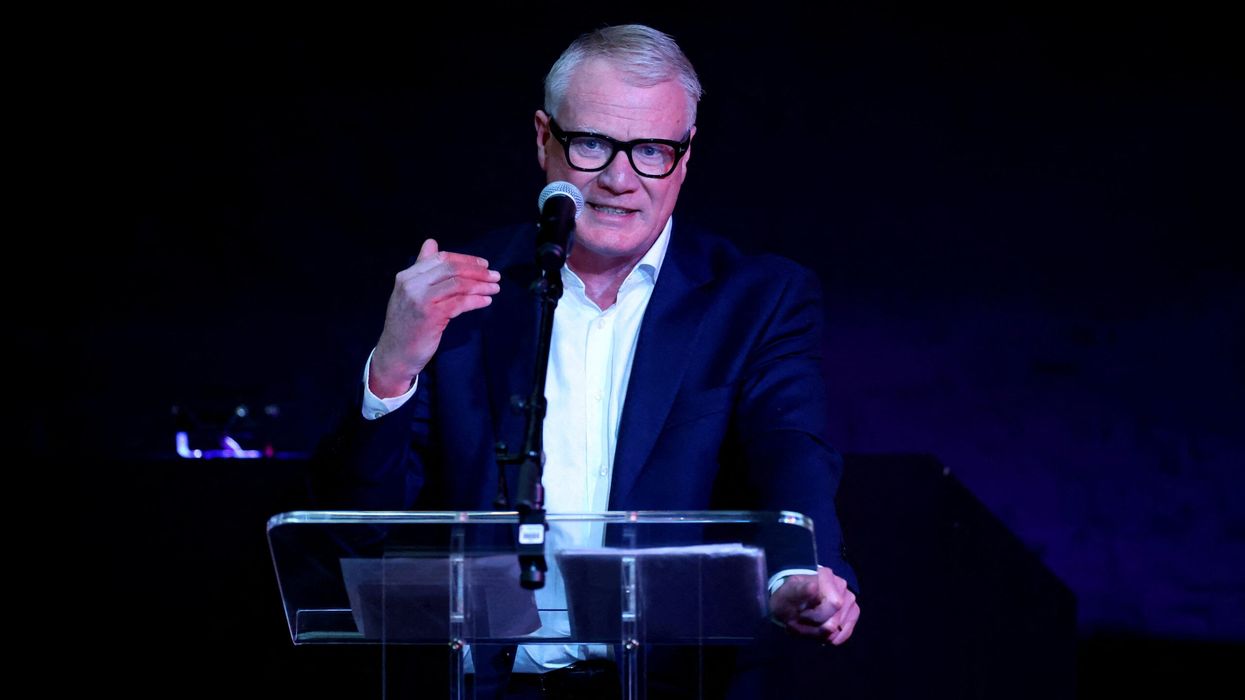LABOUR capped off the local elections on Saturday evening (4) with a narrow win for Richard Parker in the West Midlands mayoral race, defeating Conservative incumbent Andy Street by just 1,508 votes.
Earlier this evening, Labour's Sadiq Khan was re-elected as London mayor for the third consecutive term, after he beat Susan Hall of the Tories by 200,000 votes.
Labour's latest wins in local elections to councils and mayoralties on Thursday put pressure on prime minister Rishi Sunak, ahead of general elections later this year.
Opinion polls predicted that Labour will win the next national election, propelling Sir Keir Starmer to power and ending 14 years of Conservative government in Britain.
Sunak has said he intends to call a vote in the second half of the year.
Street's 37.5 per cent of the vote was eclipsed by 37.8 per cent for Parker, a razor-thin margin translating to 1,508 votes.
Street, who has served as mayor since 2017, ran a campaign emphasising his personal record on investment while downplaying his Conservative affiliation. He publicly disputed Sunak's decision to scrap the high-speed HS2 rail link from Birmingham to Manchester last year.
But he told Eastern Eye in an interview last week that despite their differences, the Tories should unite behind Sunak.
Parker had sought to link him to the unpopular national government. "I believe a Labour mayor working with a Labour government will help get Britain's future back," Parker said in a speech following the result.
Sir Keir said the result was beyond Labour's expectations. "People across the country have had enough of Conservative chaos and decline and voted for change with Labour," he said in a statement.
Sunak had been counting on getting an electoral boost from recent announcements on defence spending and the progress of his divisive plan to send asylum seekers to Rwanda.
Khan's victory in London, his third in a row, came despite some public anger over knife crime and the Ultra Low Emission Zone that charges drivers of older, more polluting vehicles a daily fee.
"It's been a difficult few months, we faced a campaign of non-stop negativity," Khan said in a speech after the results showed he had won 43.8 per cent of the vote against 33 per cent for the Conservatives' candidate, Susan Hall.
"For the last eight years, London has been swimming against the tide of a Tory (Conservative) government and now with a Labour Party that's ready to govern again under Keir Starmer, it's time for Rishi Sunak to give the public a choice."
Khan, 53, became the first Muslim mayor of the British capital in 2016.
In one bright spot for Conservatives, Ben Houchen won re-election as mayor of Tees Valley in northern England on Friday.




